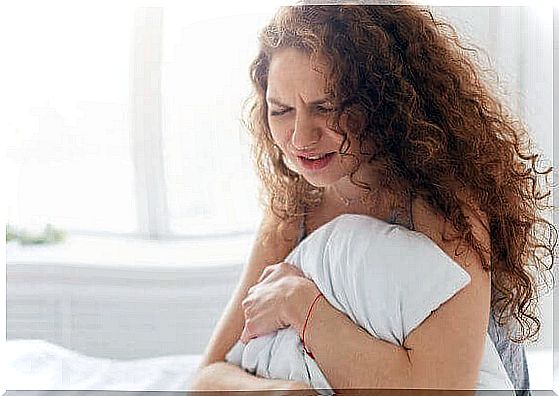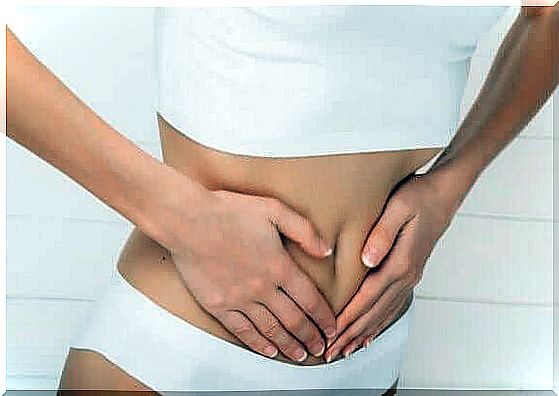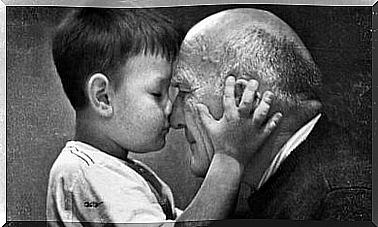Why Do You Cry During Your Period?

In Finnish girls, menstruation normally begins at the age of 10-16 years and on average at the age of 12-13. They normally end at the age of 43-57 and at an average age of 51 years. There are up to a hundredfold differences in a woman’s hormone levels during the menstrual cycle, and these variations affect a woman in many ways. So you shouldn’t be scared if you cry, depress or get angry during your period.
Menstruation does not affect all women in the same way. Menstruation can greatly affect the feelings of some women. Young women receive very little information at school about why menstruation may make a woman emotional.
Similarly, women rarely talk about their regular or irregular cycles, polycystic ovary syndrome, endometriosis, or PMS symptoms. So it’s good for you to know why you cry during your period.
Women may experience mood swings even if their menstrual cycle is regular.
Menstrual cycle steps
The menstrual cycle is divided into three stages, namely the follicular, ovulatory and luteal stages. The normal length of the menstrual cycle is 23-35 days. The length of the cycle is calculated from the beginning of the leak to the beginning of the next leak. The normal duration of a leak is 2-8 days, with an average of 5 days.
In the first or follicular phase of menstruation, the brain produces follicle-stimulating hormone, or FSH. This is where the whole menstrual process begins. FSH helps eggs to mature in the ovaries. Estrogen, which prepares the uterine wall for possible pregnancy, then begins to be secreted.
This is followed by the onset of the ovulatory phase, in which estrogen levels are increased by the luteinizing hormone LH. This is responsible for selecting and releasing the most mature eggs. This happens around the middle of the cycle.
The released eggs travel along the fallopian tubes to the uterus. The eggs are active for 24 hours. If the sperm come close to them, the eggs will choose the best ones to fertilize. Otherwise, they will dissolve away.

The third luteal phase lasts for the last 12 cycles. The ovaries produce a large amount of progesterone in the uterus, with possible fertilization occurring. Indeed, increased estrogen levels affect why some women cry during menstruation.
At this point, the body may experience swelling, the breasts may be tight, and the woman may experience mood swings. In most menstrual cycles, egg fertilization does not occur, causing the uterus to shrink and estrogen and progesterone levels to fall.
When the uterine lining is not needed, it is removed by the body during menstrual bleeding.
Why cry during menstruation?
As we discussed earlier, during the fertile ovulation phase, a woman experiences constant fluctuations in her hormone levels. Especially in the luteal phase, a woman experiences mood swings, both feeling good and irritable. Later in the follicular phase, many women experience abdominal cramps, fatigue, and tenderness.
Restlessness, fatigue, depression, and exhaustion from day to day are very common symptoms experienced by three out of four women. These changes are directly related to estrogen and brain activity – so simple it is.
There is a link between estrogen, progesterone and the brain. In the pre-menstrual phase, throwing hormones upset the balance, keeping the brain on standby.
The result is that a woman’s brain is in a different state than normal, and the symptoms can be worse when the woman suffers from stress. Melancholy, sadness and crying are very common at this stage. Also, some medical conditions such as endometriosis or polycystic ovary syndrome can cause depression at this stage of the menstrual cycle.

Leakage
Bleeding occurs during the menstrual phase. Estrogen affects the release of endorphins, which improves mood. At this point in the menstrual cycle, many women feel inspired.
If you didn’t know before why you cry during your period, now you have more information on the subject. In fact, just before menstruation, a woman may feel the most sadness about the effects of PMS symptoms. If your PMS symptoms are affecting your life, you should talk to an expert.
So that these fluctuations in emotions do not surprise you, you should follow a healthy diet to support your brain. Activities like yoga and meditation can also help.









